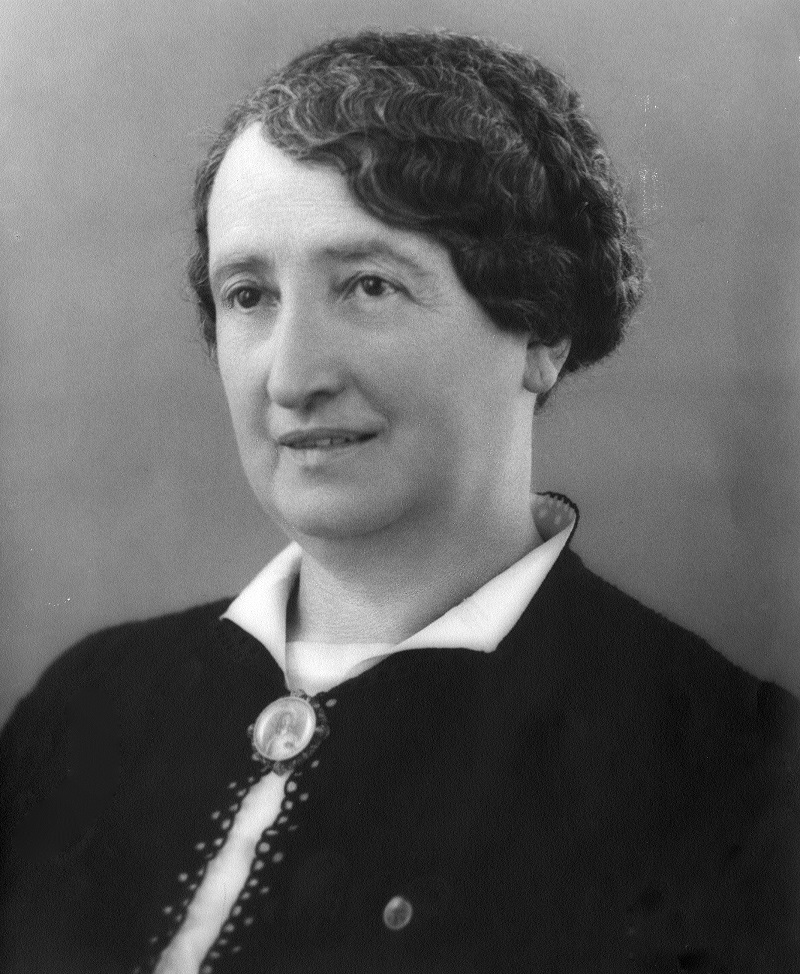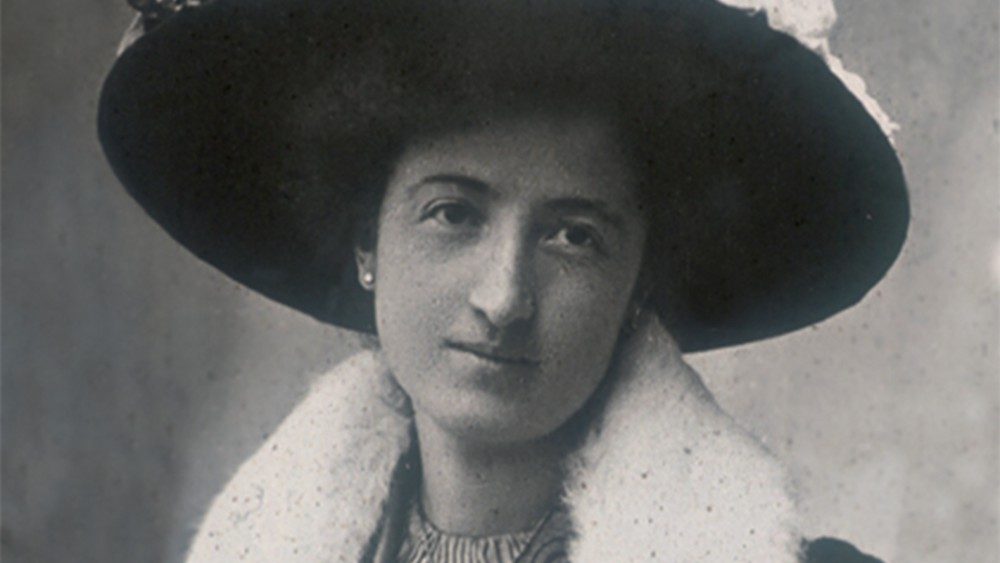Around the time of the First World War (1918), in Milan, a young woman barely 36 years of age took the lead of a group of other young women who met weekly in the bishop's palace to study theological and social problems in depth in order to create a dike of containment against the Marxist propaganda that was raging at the time. This experience was later repeated in all the Italian dioceses, bringing together many young women who, through personal formation and group life, lived baptism to the full, rediscovering also their dignity as women.
This woman - a true pioneer in the field of Catholic laity at a time when women were not usually the forerunners of such initiatives - is called Armida Barelli, a devotee of the Sacred Heart, today Venerable Servant of God. She will soon be beatified by the will of Pope Francis, who a few days ago authorized the Congregation for the Causes of Saints to promulgate the decree concerning the miracle attributed to her intercession.
In the midst of the world and in the Church
His apostolate at the service of the Church and Italian society was truly unceasing: first in Catholic Action, then founding the secular Institute of the Missionaries of the Reign of Christ (ISM) together with Fr. Agostino Gemelli, and being among those who gave life to the best known Catholic University of the Sacro Cuore in Milan, contributing to its development in its first thirty years.


Her example as a committed laywoman in the midst of the world and within the Church, upon reaching the honors of the altars, transmits to the times in which we live a further stimulus for the voice of women to be increasingly heard, for them to participate in decision making and for their important leadership role in the formation and spirituality of communities to be recognized.
These were requests that arose, among other things, not more than a year and a half ago, at the closing of the Synod on Amazonia, for an active involvement of women in the multiple instances that concern the mission of the Church.
The first "mother synodal
Pope Francis has shown that he takes seriously these requests arising from the synodal process: last month he appointed as undersecretary of the Synod of Bishops the French Xaverian nun Nathalie Becquart, the first "mother synodal" who will participate in the upcoming Assemblies with voting rights.
Commenting on the news, the Secretary General of the Synod of Bishops, Cardinal Mario Grech, spoke of a "renewed impetus in the commitment to a synodal and missionary Church" and how Becquart's appointment "helps us to remember in a concrete way that in synodal processes the voice of the People of God has a specific place and that it is fundamental to find ways to foster the effective participation of all the baptized in them."
Common baptismal priesthood
Weeks ago it was the turn of the extension of access to the ministry of the Acolyte and the Lectorate also to women, precisely by virtue of their participation in the common priesthood. A modification also prompted by the initiative of Pope Francis, who with the motu proprio "Spiritus Domini" has modified the first paragraph of canon 230 of the Code of Canon Law.
This had also been a request of the last Synod of Bishops on Amazonia, which made it possible to give even greater value to lay ministries "essentially distinct from the ordained ministry received through the sacrament of Holy Orders".
The noblest values of femininity
Continuing with the theme of women, the authorization granted by the Pope to the Congregation for Divine Worship and the Discipline of the Sacraments to include in the General Roman Calendar the celebration of the feast of the holy Doctor of the Church Hildegard of Bingen -who lived at the beginning of the first millennium- on September 17 of each year did not go unnoticed.
In the Apostolic Letter with which he proclaimed her Doctor of the Church on October 7, 2012, Pope Emeritus Benedict XVI wrote: "In Hildegard the noblest values of femininity are expressed: for this reason, also the presence of women in the Church and in society is illuminated by her figure, both from the perspective of scientific research and pastoral action. Her ability to speak to those who are far from the faith and the Church makes Hildegard a credible witness of the new evangelization".
In short, the Church's journey continues, at the side of women, together with women.













